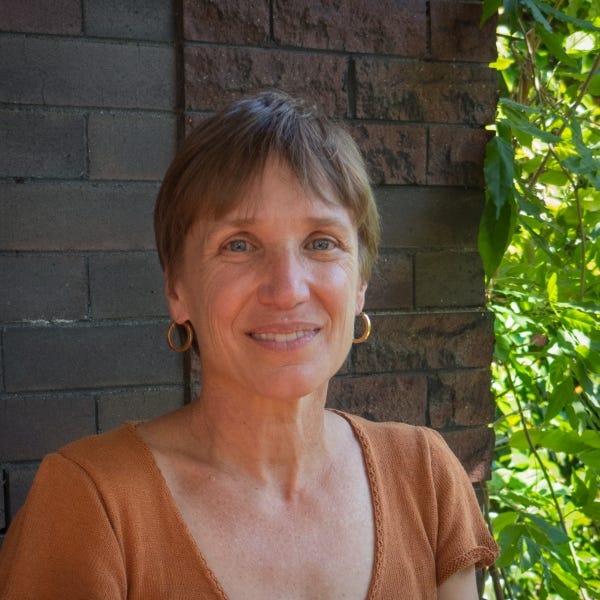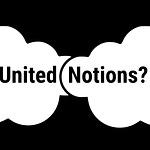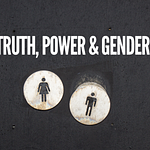Excerpt of Why Your Woke Therapist May Be Doing You More Harm Than Good, reprinted with permission.
by Valerie Tarico
Popular forms of social justice activism are creeping into psychology training programs and therapist offices. Even if woke theory is your preferred path to social justice (there are others), this creates a “buyer-beware” situation.
Unlike friendships, intimate partnerships, parenting or collegial teamwork, psychotherapy is a relationship that is all about one person—you, the client. The job of a therapist is to clarify your individual goals and then mirror back your thoughts, feelings, and behaviors in ways that help you to change the ones that are getting in the way. To do this, the therapist has to set aside (as much as possible) their own developmental priorities and ideologies—their religion, their culture, their politics, and their own hang-ups or life goals.
The American Counseling Association Code of Ethics puts it this way: “Counselors [strive to be] aware of—and avoid imposing—their own values, attitudes, beliefs, and behaviors. Counselors respect the diversity of clients, trainees, and research participants and seek training in areas in which they are at risk of imposing their values onto clients, especially when the counselor’s values are inconsistent with the client’s goals or are discriminatory in nature.”
But this is very different from how political activism works, in particular contemporary woke or critical social justice activism. Woke theories and cultural norms encourage adherents to be in social/political activist mode all the time, even in their work as therapists. To be sure, some people may seek therapy specifically to process experiences of, say racism or sexual violation, and may want a therapist who helps them to frame these experiences through a historical-political lens. In this case, the client enters therapy with this as part of their goals. But others tell of poor care from therapists who imposed their own agenda—promoting a version of feminism, anti-racism, or “sloppy” gender care that made the client’s marriage or mental health worse. In each case, trust was broken.
There is another way that a woke approach in the therapy office can undermine growth and healing. We know from decades of research that certain kinds of emotional regulation and habits of thought promote individual mental health and positive relationships. But some of the psychological and social dynamics in woke social justice activism encourage the very habits that psychotherapy seeks to undo.
To read more, see Why Your Woke Therapist May Be Doing You More Harm Than Good.
In the Hold my Drink — navigating culture with a chaser of civility, and Counterweight podcast, Episode 64, David speaks with psychologist and writer, Valerie Tarico. Valerie, a former evangelical, shares the overlap she’s found in woke ideology and religious fundamentalism, which she finds disturbing. More concerning is the way this ideology has crept into psychotherapy and its damaging impact on patients. All discussed with a chaser of civility, of course, and a kombucha.
Hold my Drink welcomes all people with all kinds of beverages to join us as we explore the truths of a chaotic and beautiful world, together.
Find us on Apple Podcasts and Spotify, or watch the conversation unfold on YouTube, and follow us on Facebook, Twitter and Instagram.
What Valerie is reading:
3 Practices for Crossing the Difference Divide, Jim Henderson
listening to: Timber Wars Podcast
Debating Glenn Loury: Are Racial Disparities Caused by “Culture”, Bad Faith with Briahna Joy Gray
and watching: The Expanse, The Great, Don’t Look Up
What David is reading:
The Righteous and the Woke – Why Evangelicals and Social Justice Warriors Trigger Me in the Same Way, Valerie Tarico
Political Narrative II: Why Some Progressives Are Tearing Each Other Apart, Valerie Tarico
When Therapists Become Activists, Persuasion, Sally Satel
Valerie Tarico is a psychologist and writer in Seattle, Washington. She is the author of Trusting Doubt: A Former Evangelical Looks at Old Beliefs in a New Light and Deas and Other Imaginings. Her articles about religion, reproductive health, and the role of women in society have been featured at sites including The Huffington Post, Salon, The Independent, Quillette, Free Inquiry, The Humanist, AlterNet, Raw Story, Grist, Jezebel, and the Institute for Ethics and Emerging Technologies. You can find more at
https://valerietarico.com/
















Ep. 64: Diagnosing Woke Therapy | Valerie Tarico